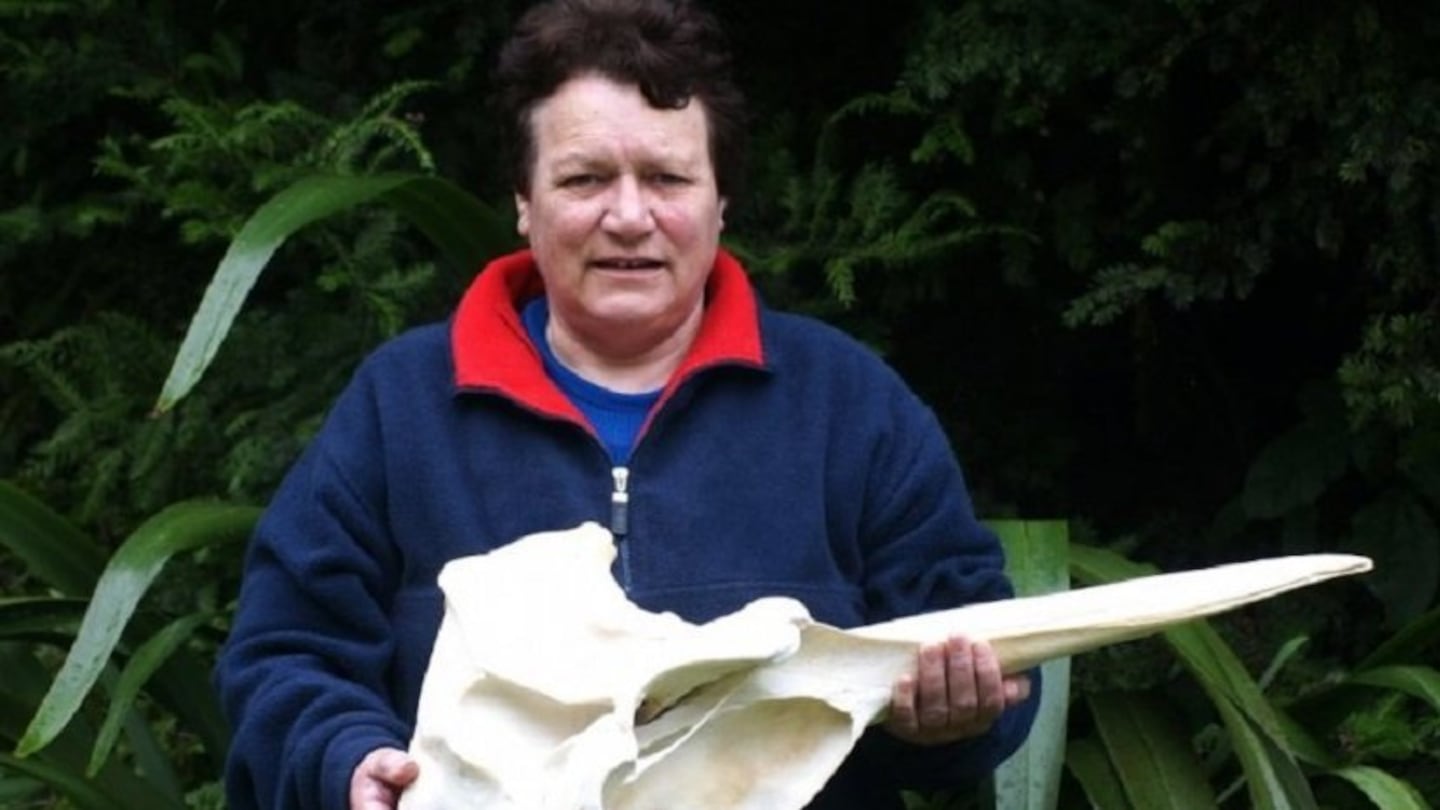A world-leading whale expert from Ngāti Awa recently had a new whale species named after her, and now that whale has been listed among the 10 remarkable new marine species from 2021, according to the World Register of Marine Species (WoRMS).
The whale species is called Ramari's Beaked Whale, named after Ramari Stewart, who was raised by her elders with traditional knowledge of the sea. She was made a member of the New Zealand Order of Merit for her mahi on whales.

In December 2021, a call for nominations was issued, which was distributed to all WoRMS editors and editors of important taxonomy publications, as well as publicised on the WoRMS website and social media, allowing anybody to propose their favourite marine species.
Among the list are new species of jellyfish, slickhead fish and brittle stars to name a few, and the list was released on March 19 on World Taxonomist Appreciation Day.
The final choices were made by a small group (which included both taxonomists and data managers), and the list is not arranged in any particular order.
The 5-metre beaked whale was confirmed to be a new species thanks to a combination of indigenous culture and science. The local iwi of Ngāti Māhaki discovered a dead female whale washed up on the west coast of Te Waipounamu. Stewart studied and recognised the whale as a one-of-a-kind creature and collaborated with locals and the New Zealand Department of Conservation to prepare the bones for storage at Te Papa Tongarewa Museum.
Ramari's Beaked Whale was named after a team of international collaborators evaluated this whale and other South African specimens and discovered that they were physically and genetically distinct from all other whale species.
Both the common and scientific names respect Indigenous communities in South Africa and Aotearoa New Zealand, and were chosen with their input. Because the bulk of South African whale strandings occur on Khosian land, scientists collaborated with the Khosian Council to name the species /eu/'eu, Latinised to 'eueu,' meaning 'large fish.'



